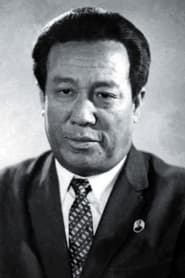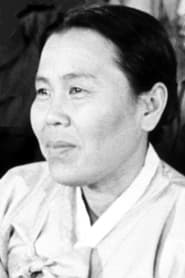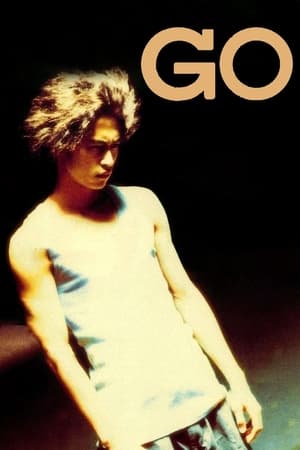When We Pick Apples
Top 4 Billed Cast
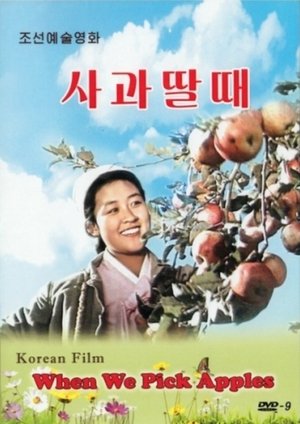
사과딸때
HomePage
Overview
A film about a woman who works in Pukch'ŏng apple village to produce apples with the best quality encouraging the villagers to join her efforts. She also works with them to develop the best techniques to perserve them.
Release Date
1971-01-01
Average
0
Rating:
0.0 startsTagline
Genres
Languages:
한국어/조선말Keywords
Similar Movies
 5.8
5.8An Apple from Paradise(ar)
A pious old man, who is a proponent of suicide attackers, comes to Kabul to visit his only son, who, after the holy war had remained in the Soviet Union. He had enrolled his son in a religious school "to study the Koran and return to the village as a Mullah". In Kabul he learns that his son had decided to become a divine suicide bomber so as to go to Heaven. The film presents two different forces of the inner world of the protagonist father: paternal feelings and the holy religious ideology. The spectator witnesses how he loses his only son and holy belief. Shot in chaotic and dirty Kabul, the film portrays the incorrect interpretation of religion and the conflict of generations.
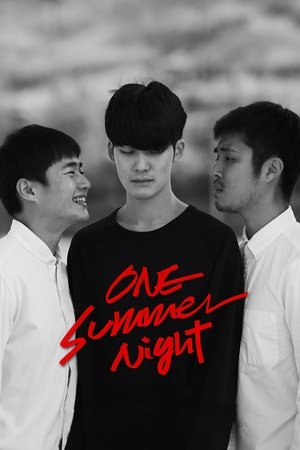 6.8
6.8One Summer Night(ko)
Caught in forbidden love, Yong Joon defects from North Korea, leaving Jae Sung behind. Years later, a reunion forces him to choose between past and present.
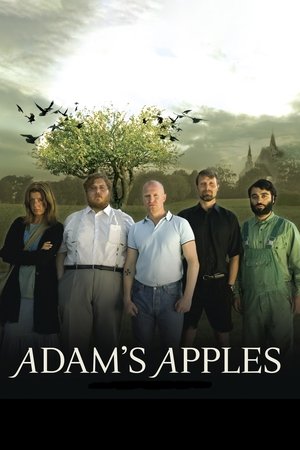 7.4
7.4Adam's Apples(da)
A neo-nazi sentenced to community service at a church clashes with the blindly devotional priest.
 0.0
0.0Faraway Fields(sl)
Jean, a young French hooligan, is sent on a forced vacation to his grandfather Evald, who lives in the Slovenian countryside. Despite Evald's warm welcome, Jean remains quite withdrawn, speaks only French with his grandfather, and coldly rejects his lifestyle, which is mainly devoted to tending the orchard and selling apples on the local road. While they struggle to get used to life together, frost is slowly approaching Evald's orchard.
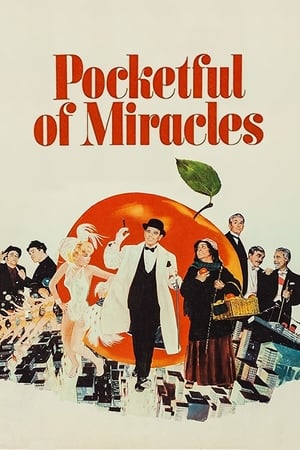 7.3
7.3Pocketful of Miracles(en)
A New York gangster and his girlfriend attempt to turn street beggar Apple Annie into a society lady when the peddler learns her daughter is marrying royalty.
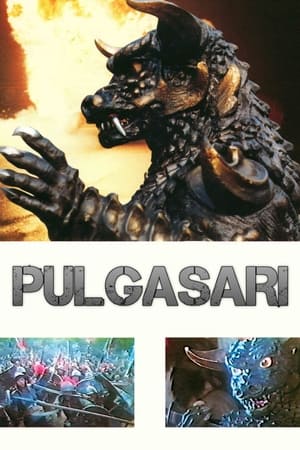 5.5
5.5Pulgasari(ko)
In feudal Korea, a group of starving villagers grow weary of the orders handed down to them by their controlling king and set out to use a deadly monster under their control to push his armies back.
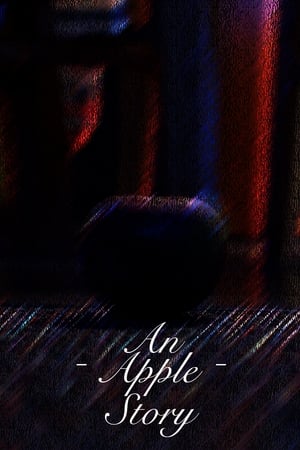 0.0
0.0An Apple Story(en)
A love story between two apples is interrupted after one is abruptly stolen from the other.
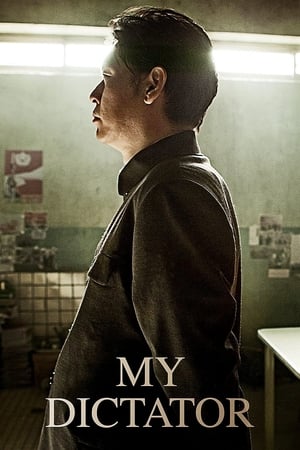 6.9
6.9My Dictator(ko)
Sung-geun is an untalented actor who makes a living playing minor roles. He happens to land on the role as Kim Il-sung, the former leader of North Korea, for the rehearsal of the South-North Korea Summit. Sung-geun becomes passionately immersed in his role, motivated by his son who looks up to him. However, the summit is not realized, and Sung-geun ends up lost in the delusion that he really is Kim Il-sung.
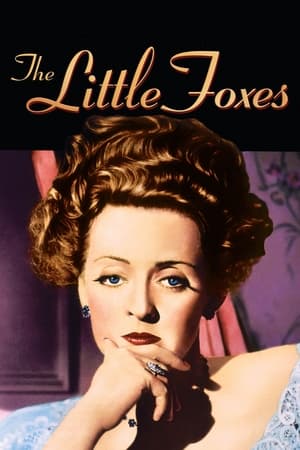 7.5
7.5The Little Foxes(en)
In 1900, a clan attempts to strike a deal with a Chicago industrialist to get him to build cotton mills in their Deep South town.
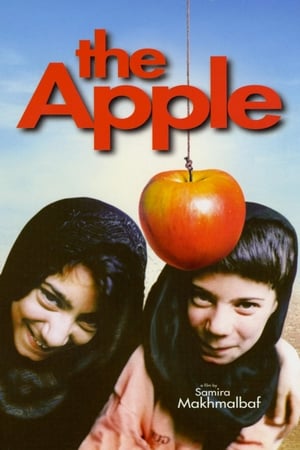 6.3
6.3The Apple(fa)
After twelve years of imprisonment by their own parents, two Iranian sisters are finally released by social workers to face the outside world for the first time.
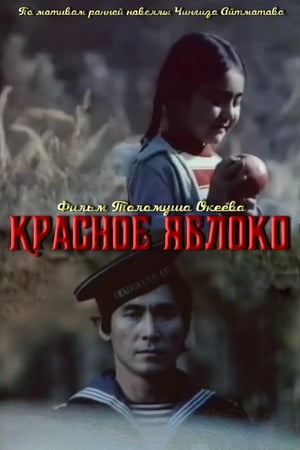 6.0
6.0The Red Apple(ru)
A chronicle of a few days in a small family, a story about the difficulties of human contacts, the complexity of love. The image of red apples - strong and clear, profound and lucid. Okeyev's "apple" bears a special meaning. Juices of the earth and sun, it is a lyrical symbol of happiness and harmony.
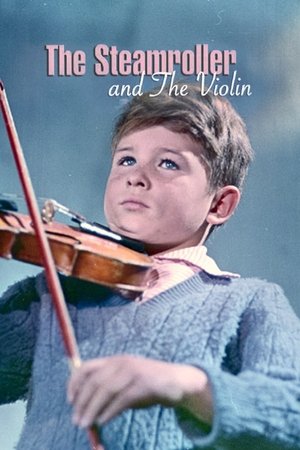 7.0
7.0The Steamroller and the Violin(ru)
Seven year old Sasha practices violin every day to satisfy the ambition of his parents. Already withdrawn as a result of his routines, Sasha quickly regains confidence when he accidentally meets and befriends worker Sergei, who works on a steamroller in their upscale Moscow neighborhood.
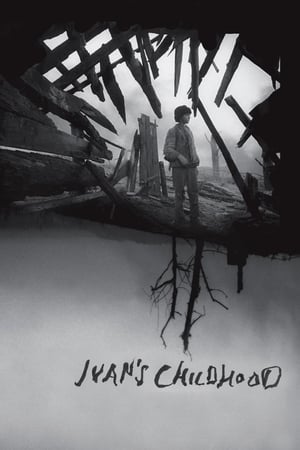 7.8
7.8Ivan's Childhood(ru)
In WW2, twelve year old Soviet orphan Ivan Bondarev works for the Soviet army as a scout behind the German lines and strikes a friendship with three sympathetic Soviet officers.
 7.4
7.4My Name Is Loh Kiwan(ko)
After defecting from North Korea, Loh Kiwan struggles to obtain refugee status in Belgium, where he encounters a dejected woman who has lost all hope.
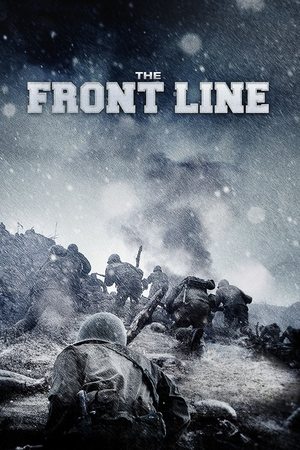 7.2
7.2The Front Line(ko)
In 1951 ceasefire is declared, but two remaining armies fought their final battle on the front line Towards the end of the Korean War, a South Korean battalion is fiercely battling over a hill on the front line border against the North in order to capture a strategic point that would determine the new border between two nations. The ownership of this small patch of land would swap multiple times each day. Kang is dispatched to the front line in order to investigate the tacit case that’s been happening there.
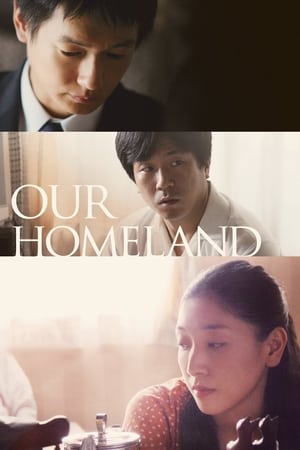 6.0
6.0Our Homeland(ja)
From the late 1950s through the '70s, more than 90,000 of the ethnic Koreans in Japan emigrated to North Korea, a country that promised them affluence, justice, and an end to discrimination. KAZOKU NO KUNI tells the story of one of their number, who returns for just a short period. For the first time in 25 years, Sonho is reunited with his family in Tokyo after being allowed to undergo an operation there. Sonho’s younger sister Rie is at the centre of the film, and is not hard to recognise as the director’s alter-ego. In her documentaries DEAR PYONGYANG and SONA, THE OTHER MYSELF, Yang Yonghi told the story of her own life, and how, at age six, she experienced the departure of her three older brothers, who left their family for Pyongyang.
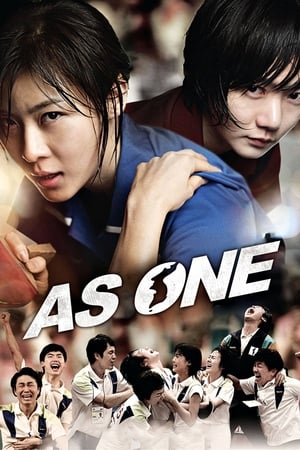 7.7
7.7As One(ko)
A unified team representing the two Koreas competed at the 1991 Chiba International Table Tennis Championships. It was the first such sport team since the division of the Korean peninsula. The unified team won the group competition event, beating the front runner, China.
 3.4
3.4Inchon(en)
Gen. Douglas MacArthur leads a Korean War campaign, and the war tests a married couple's relationship.
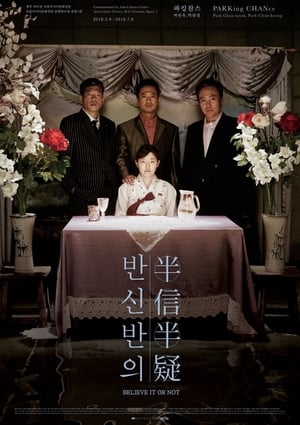 0.0
0.0Believe It or Not(ko)
Over many years of division, North and South Korea have become like a hall of mirrors where it is difficult to tell the real from the false. Inspired by real people who have traveled between North and South amid this division, this film depicts a relationship between the two that is so deeply skewed that it is impossible to tell what anyone is working to achieve.
